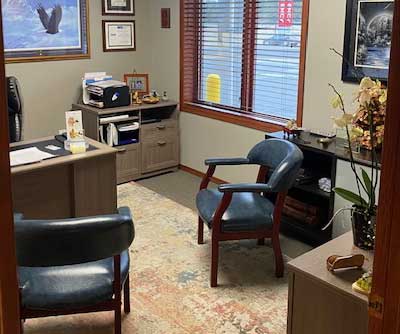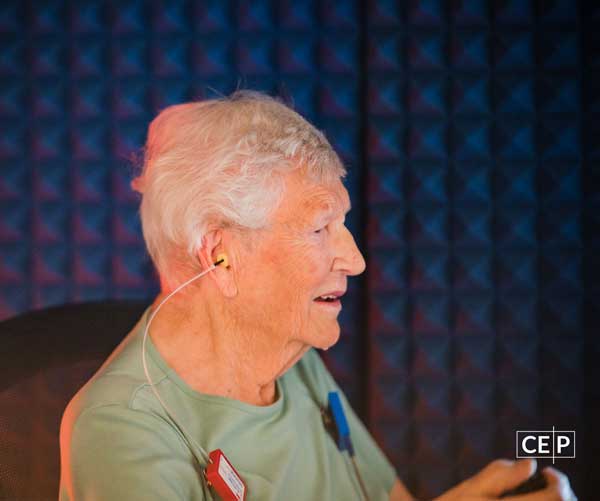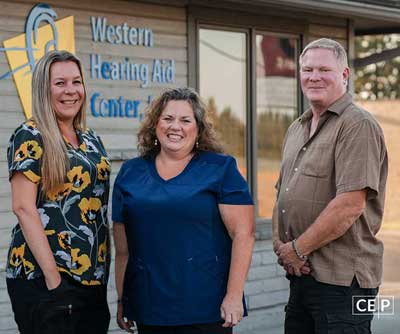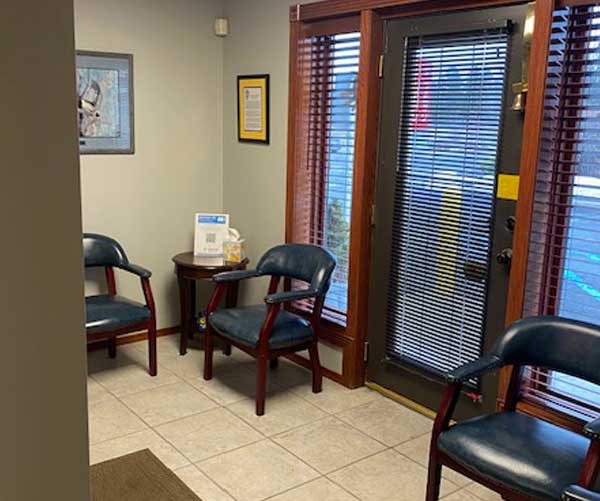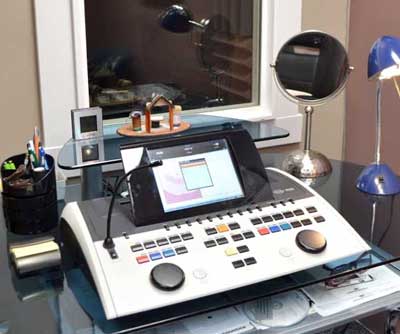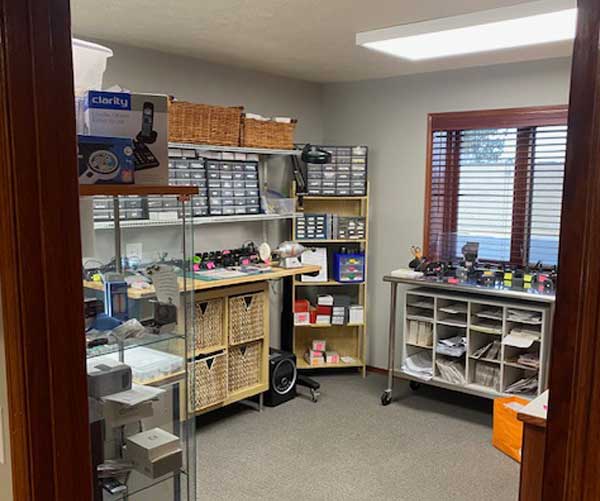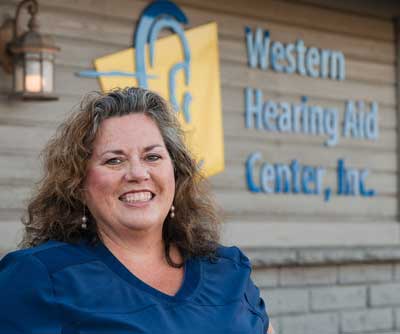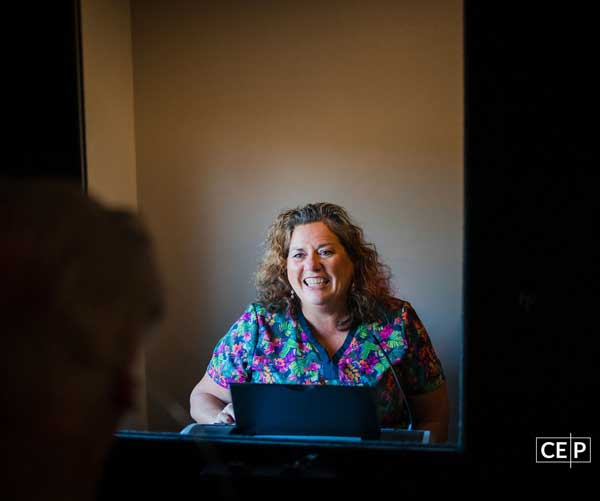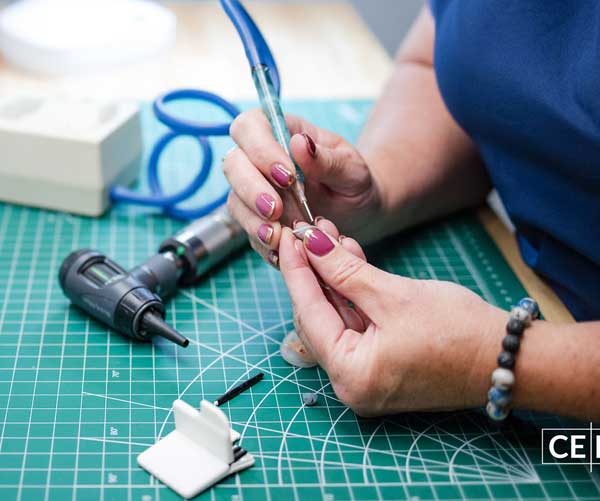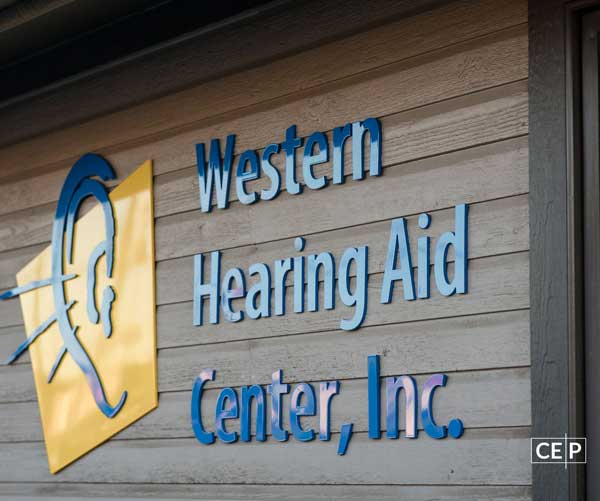Signs of Hearing Loss
Hearing loss affects more than just your ability to hear—it can have a significant impact on your emotional well-being, social life, and overall quality of life. Many adults delay treatment, unaware of how much it can influence their daily interactions and mental health.
Key Facts About Hearing Loss:
- 1 in 3 adults aged 70+ experiences hearing loss that interferes with daily communication.¹
- Fewer than 25% of adults with significant hearing loss use hearing aids.¹
- On average, it takes 7 years for someone to seek treatment after first noticing symptoms of hearing loss.
- Hearing loss can lead to social withdrawal, making it harder to engage with others and increasing the risk of depression and mood changes.¹
- There is a strong link between hearing loss and depression in adults of all ages, not just seniors.²
- Untreated hearing loss contributes to social isolation and a reduced quality of life.
Don’t wait to take action. Early intervention can greatly improve communication, confidence, and emotional well-being.
References
1. Lin, Frank R., and Marilyn Albert. “Hearing Loss and Dementia – Who’s Listening?” Aging & Mental Health, U.S. National Library of Medicine, Aug. 2014, www.ncbi.nlm.nih.gov/pmc/articles/PMC4075051/.
2. Li C, Zhang X, Hoffman HJ, Cotch MF, Themann CL, Wilson MR. Hearing Impairment Associated With Depression in US Adults, National Health and Nutrition Examination Survey 2005-2010. JAMA Otolaryngol Head Neck Surg. 2014;140(4):293–302. doi:10.1001/jamaoto.2014.42
It is important to recognize early signs of hearing loss.
If you have you experienced any of the following symptoms you should schedule an appointment to determine the degree of hearing loss you are experiencing:




